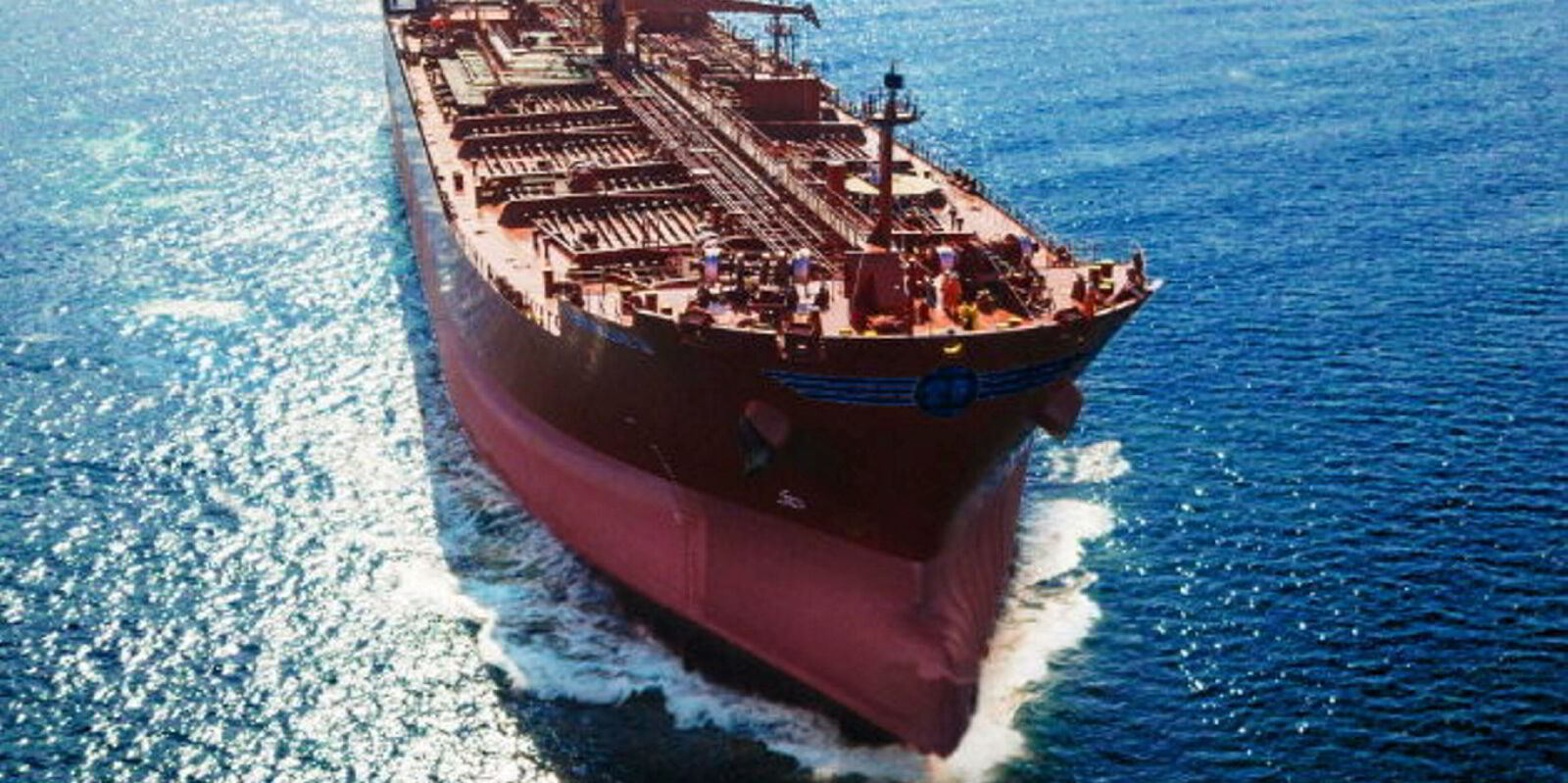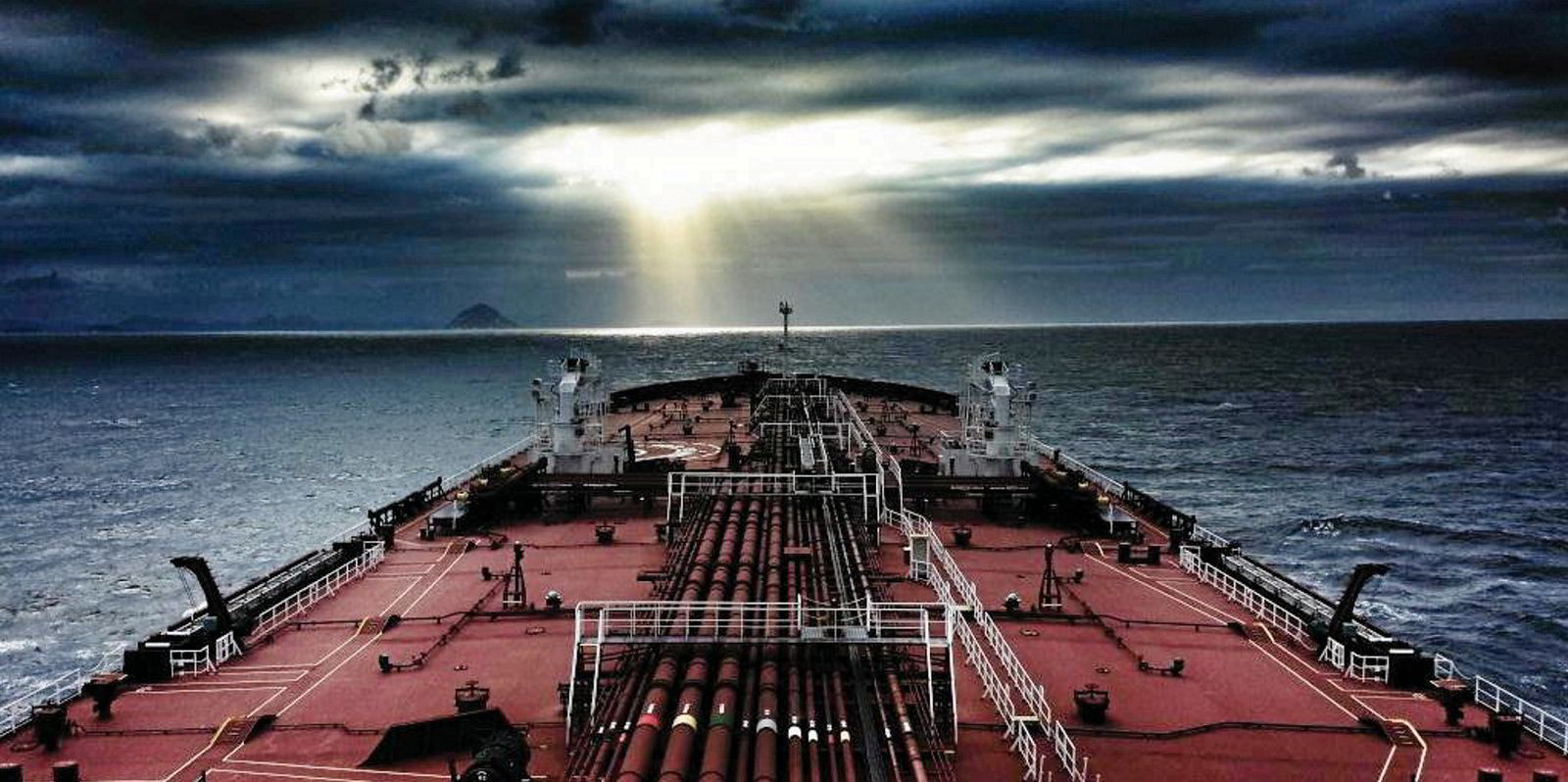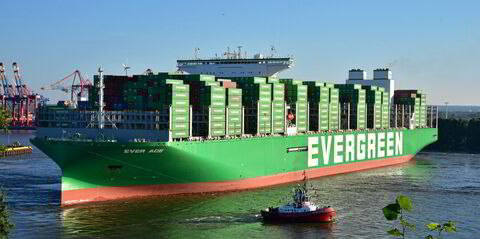Shipbroker Gibsons says “the long-awaited change” in the product tanker market due to start-up of Nigeria’s 650,000 barrels per day Dangote refinery appears to be approaching, but it might not be quite what the sector is expecting.
The plant near Lagos imported its first crude cargo last December, and over the past three months, imports averaged between 230,000 bpd and 310,000 bpd, mainly consisting of Nigerian grades, supplemented by US barrels.
In March, clean and dirty cargoes were exported for the first time. Analytics company Kpler said volumes reached 290,000 bpd that month.
Argus has reported that Dangote has now won approval to start its residual fluid catalytic cracker, which upgrades heavy feedstock into lighter products, such as gasoline.
Diesel exports could start this month.
But full operations could still be some time off, Gibsons argues.
“For now, general expectations are that the refinery will start meaningfully impacting the clean tanker market in Q4 2024/Q1 2025, but as always there are a lot of moving parts,” it added.
As Nigeria ships in fewer product cargoes, demand will be cut for LR and MR product carriers.
“Faced with reduced trading opportunities West, this will inevitably increase Middle East LR availability,” the UK broker said.
On the flipside, Dangote’s diesel and jet fuel could find a natural home in Europe, the company believes.
Not much new demand
But it warned: “Although it will create ‘new’ clean tanker tonne-miles, many of these barrels will be a backhaul cargo into Europe for tankers that will continue to move products into the rest of West Africa, so essentially not adding much new vessel demand.
“Furthermore, if we do indeed see Dangote trading into Europe, then East of Suez/Europe flows could come under downward pressure, and that will have a more profound effect on the overall clean tanker market due to the distances travelled.”
Gibsons argues that the biggest question is the vulnerability of European refineries, which will struggle to find a new home for the gasoline they will no longer export to Nigeria.
“Possibly a bit more could flow into the US Atlantic Coast, but the prospects for demand growth here are bleak. Some extra barrels could also be exported into Latin America, although here they will need to compete with Russian and US products,” it said.
The London shop pointed out that more than 600,000 bpd of European refining capacity is already earmarked to close between 2025 and 2027.
If this leads to growing European distillates intake, there is an argument that further gains in East of Suez and US Gulf flows into Europe will offset the upcoming decline in clean product imports into West Africa, the brokerage concluded.





